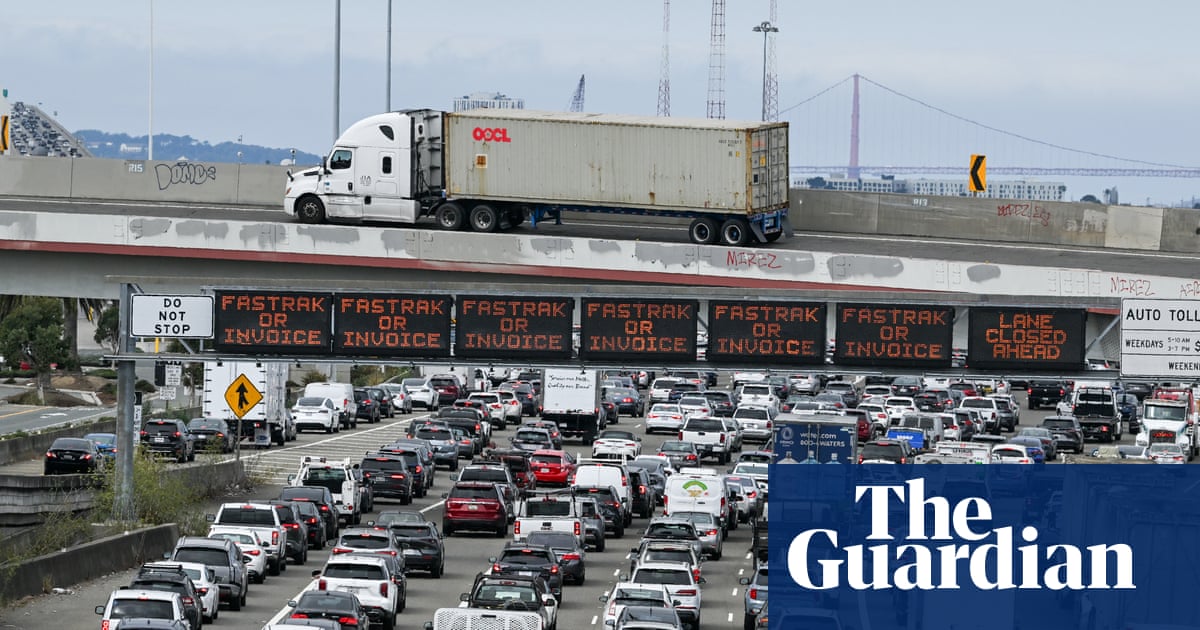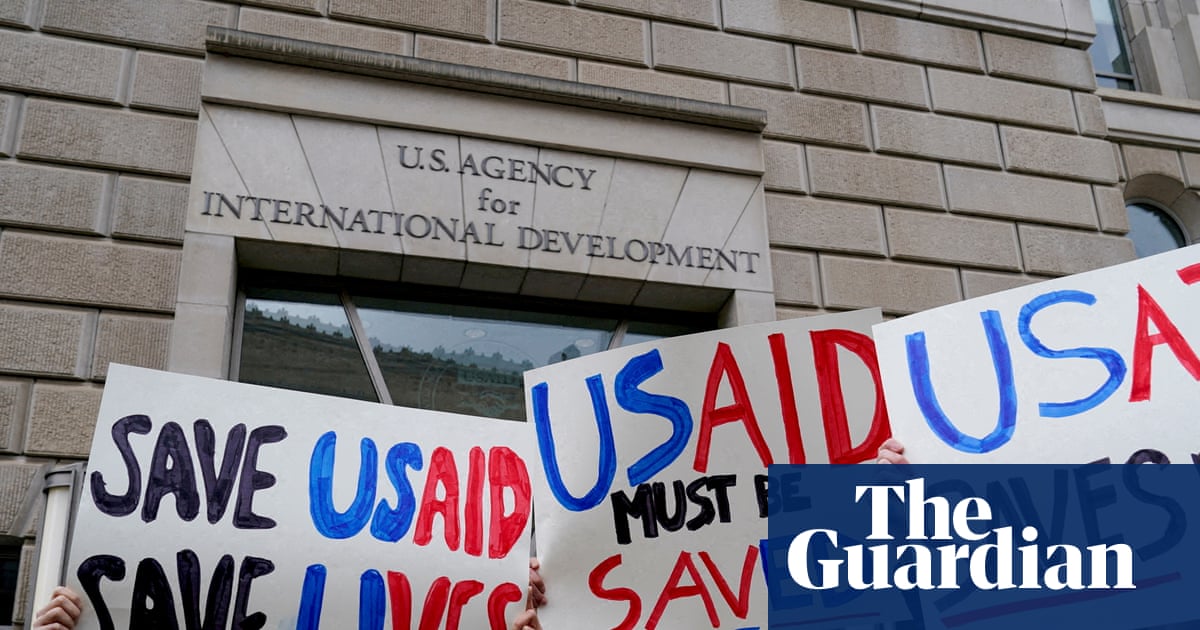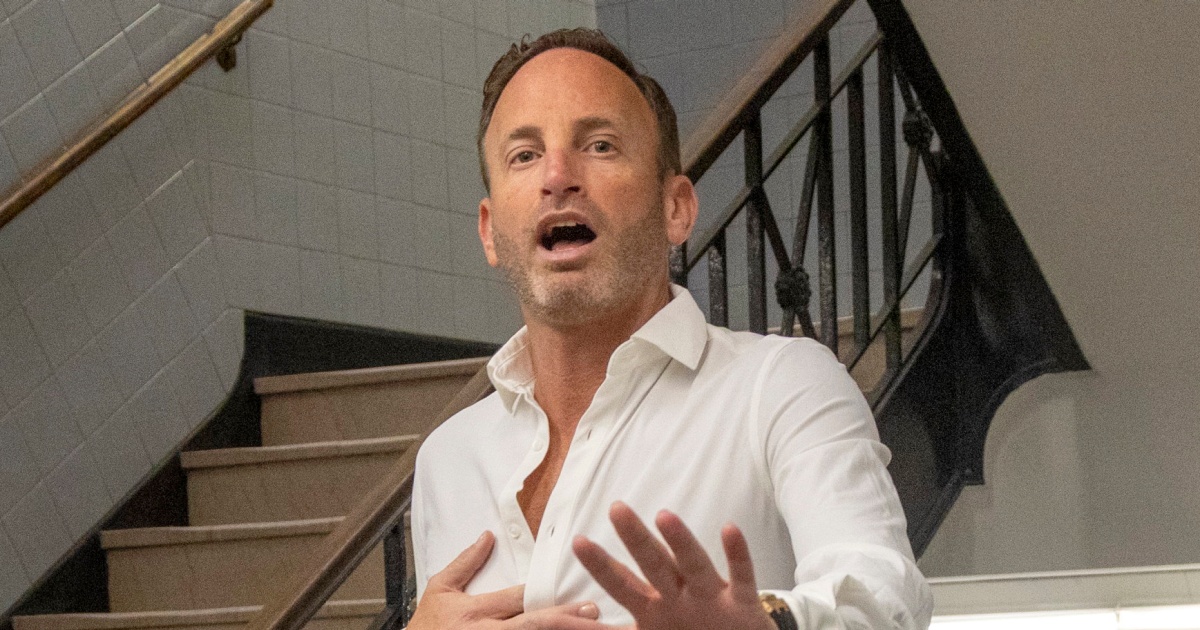I’m a bit of a news junkie.
- 5.78K Posts
- 75 Comments

 0·9 months ago
0·9 months agoThrough reviewing posts on X, web archives, leak databases, and other social media profiles, the Observer identified the following individuals as the anonymous operators of neo-Nazi X accounts, which had a collective 500,000 followers at their peak:
Cyan Cruz (40 years old): Marketing professional who has lived in Austin and Amarillo, Texas, operating the X account TheOfficial1984.
Michael Gramer (42 years old): Retired mechanical engineer who has lived in New Hampshire, claimed to own a house in Galveston, Texas, and spent time in Dallas, operating the X account 9mm_SMG.
Robert “Bobby” Thorne (35 years old): Vice president at JP Morgan Chase in Plano, Texas, operating the account Noble1945 and previously Noble_x_x_.
John Anthony Provenzano (30 years old): Lives in Virginia, works at the Naval Surface Warfare Center in Indian Head, Maryland, and operates the X account utism_ (formerly JohnnyBullzeye).

 0·10 months ago
0·10 months ago“Contrary to predictions” instead makes sense. I’ve updated the summary.

 0·11 months ago
0·11 months agoExactly, I think the real intent here is to cause delays and spread confusion.

 0·11 months ago
0·11 months agoThe issue has been resolved under federal preemption. Basically, Pennsylvania’s residency requirements apply to all elections within the state: local, state, and federal. However, in federal elections, federal law preempts and overrides any conflicting state laws. These lawsuits have been filed in bad faith.

 0·1 year ago
0·1 year agoLooks like AP dropped the ball on this one because that’s not what the prosecutors said. They said:
…With his co-conspirators, LOPEZ REYES set up dozens of online pharmacy websites, designed to appear legitimate in order to lure customers into buying, at reduced prices, tablets of fentanyl, para-fluorofentanyl, and methamphetamine disguised as real prescription medications, including oxycodone, hydrocodone, Adderall, and Xanax, among others…

 0·1 year ago
0·1 year agoYep and as recent as 2014:
The national campaign to ban geoengineering can be traced back to Rhode Island in 2014, when a lawmaker looked to the sky and saw a conspiracy.
…
Ms. MacBeth’s beliefs are better known as the “chemtrails” conspiracy theory, which posits that airplanes are secretly emitting dangerous chemical trails, as opposed to water vapor naturally released as condensation from planes’ engines, which turns to visible trails of ice crystals in the cold air. There is no evidence supporting the chemtrails theory, which has attracted many followers through social media.

 0·1 year ago
0·1 year agoTikTok is fighting a possible US ban in January 2025 and was in court last week to argue the questions that you’re raising: https://www.npr.org/2024/09/16/g-s1-23194/tiktok-us-ban-appeals-court

 0·1 year ago
0·1 year agoThis CNN article links to the clips: https://www.cnn.com/2024/09/17/politics/jd-vance-kamala-harris-fascist/index.html

 0·1 year ago
0·1 year agoIt’s a bit more nuanced than that. The article doesn’t talk about it, but this NYT article touches on how these Chinese sites are using the de minimis exemption loophole to circumvent US anti-forced labor law that companies have to comply with to keep their supply chain free of slave labor (Uyghurs in Xinjiang for example):
Lawmakers are flagging what they say are likely significant violations of U.S. law by Temu, a popular Chinese shopping platform, accusing it of providing an unchecked channel that allows goods made with forced labor to flow into the United States.
https://www.nytimes.com/2023/06/22/business/economy/shein-temu-forced-labor-china.html

 0·1 year ago
0·1 year agoAgreed. ChatGPT doesn’t like to cite sources. Microsoft CoPilot and Google Gemini do link to some sources, though not as accurate or thorough like Wikipedia.

 0·1 year ago
0·1 year agoFrom the article, attempts to improve things are blocked:
When President Joe Biden and Harris first took office, Biden rescinded the Trump-era zero-tolerance policy and established a family reunification task force that found that more than 5,000 families were separated under the policy.
More recently, the Biden administration worked with a bipartisan group of senators to craft a comprehensive immigration and border security plan that seemed to have buy-in from both parties on Capitol Hill.
But GOP support for the bill tanked after Trump indicated his disapproval of the plan.

 0·1 year ago
0·1 year agoWow, thanks for the kind words, @A_A@lemmy.world. It’s nice to see such positivity on the internet, so keep it up!

 0·1 year ago
0·1 year agoThanks treefrog!

 0·1 year ago
0·1 year agoAppreciate the recognition, Flying Squid. And I’ll try to make it easier for people who skim.

 0·1 year ago
0·1 year agoThe rescue’s reason:
“LDCRF does not re-home an owner-surrendered dog with its former adopter/owner,” Floyd said in her written statement. “Our mission is to save adoptable and safe-to-the-community dogs from euthanasia.”

 0·1 year ago
0·1 year agoYeah, even Homeland Security acknowledges it too:
“Fundamentally, our system is not equipped to deal with migration as it exists now, not just this year and last year and the year before, but for years preceding us,” Homeland Security Secretary Alejandro Mayorkas said in an interview with NBC News. “We have a system that was last modified in 1996. We’re in 2024 now. The world has changed.”
But guess who in Congress don’t want to change that?
The position of Mayorkas and the Biden administration is that these problems can only be meaningfully addressed by a congressional overhaul of the immigration system, such as the one proposed in February in a now defunct bipartisan Senate bill.
“We cannot process these individuals through immigration enforcement proceedings very quickly — it actually takes sometimes more than seven years,” Mayorkas told NBC News. “The proposed bipartisan legislation would reduce that seven-plus-year waiting period to sometimes less than 90 days. That’s transformative.”



















Thanks, that’s nice to hear from a fellow longtimer.